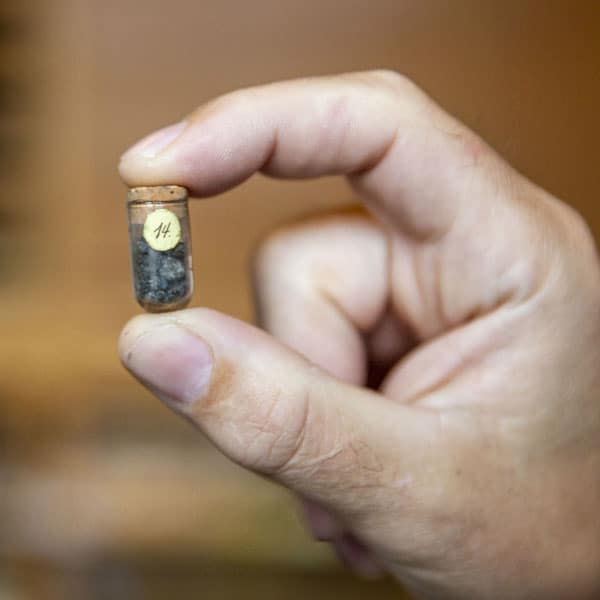According to a new study by the Centre for Star and Planet Formation (StarPlan) at the Globe Institute at the University of Copenhagen, our planet originally formed much faster than previously thought. Scientists found that the precursor of our planet, the proto-Earth, formed within a time of approximately five million years.
Precise measurements of iron isotopes were the key to this finding. Scientists studied the isotopic mixture of the metallic element in different meteorites. They found that only one type of meteoritic material with a composition similar to Earth: The so-called CI chondrites.
The dust in this fragile type of meteorite as our best proportional to the bulk composition of the solar system. It was dust like this combined with gas that was funneled by means of a circumstellar accretion disk onto the growing Sun. This process lasted about five million years, and our planets were made from material in this disk.
Now, the study suggests that the proto-Earth’s ferrous core also formed already during this period, removing early accreted iron from the mantle.

Associate Professor Martin Schiller said, “This CI dust overprinted the iron composition in the Earth’s mantle, which is only possible if most of the previous iron was already removed into the core. That is why the core formation must have happened early.”
“If the Earth’s formation were a random process where you just smashed bodies together, you would never be able to compare the iron composition of the Earth to only one type of meteorite. You would get a mixture of everything.”
In light of the proof for the hypothesis that planets form through the accumulation of cosmic dust, the specialists accept that the same procedure occurs somewhere in the universe.
Centre Leader and co-author of the study, Professor Martin Bizzarro, said, “This means that also other planets may likely form much faster than if they grow solely from random collisions between objects in space. This assumption is corroborated by the thousands of exoplanets – planets in other galaxies – that astronomers have discovered since the mid-nineties.”
“Now we know that planet formation happens everywhere. That we have generic mechanisms that work and make planetary systems. When we understand these mechanisms in our solar system, we might make similar inferences about other planetary systems in the galaxy. Including at which point and how often water is accreted.”
“If the theory of early planetary accretion is correct, water is likely just a by-product of the formation of a planet like the Earth – making the ingredients of life, as we know it, more likely to be found elsewhere in the universe.”
The study is published in Science Advances.
